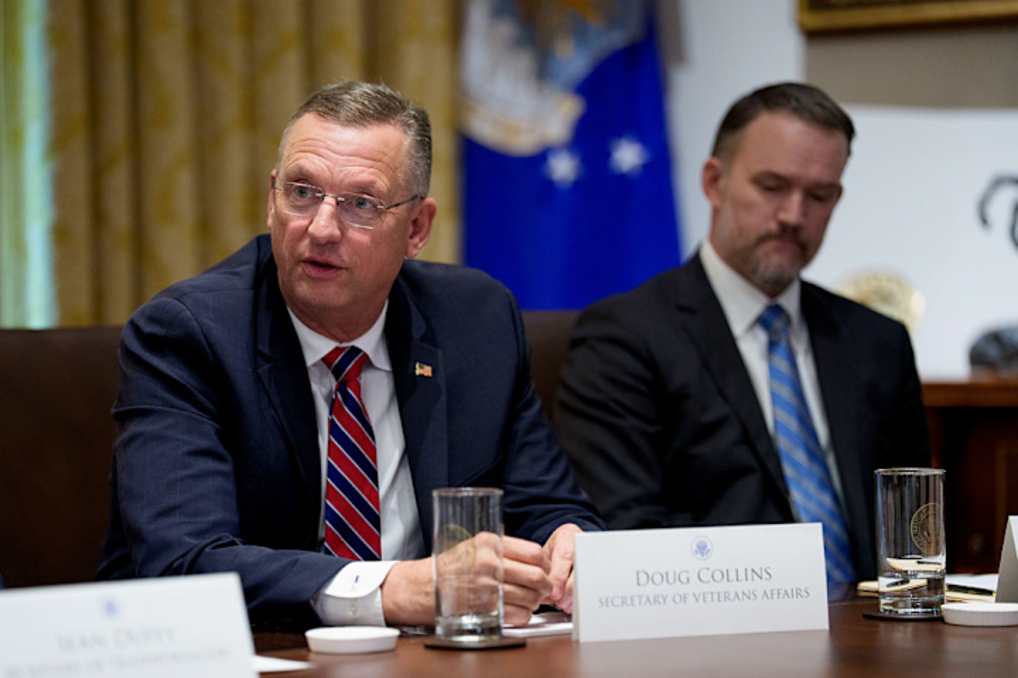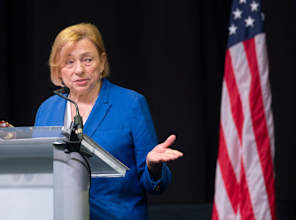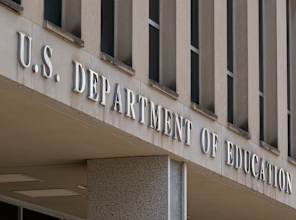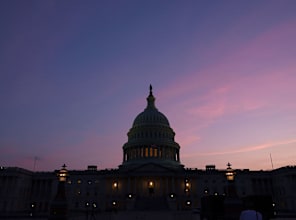Student Veterans Sue VA Over Denial of Full GI Bill Benefits Despite Supreme Court Ruling
Veterans and advocates are suing the VA for denying full GI Bill benefits after a Supreme Court ruling allowing up to four years of education coverage.


Recent Higher Ed Policy

Whats going on In Higher Ed Policy
All Higher Ed Policy

One Big Beautiful Bill Has Huge Impacts on Higher Ed. Here’s Everything Students Need to Know
President Donald Trump’s sweeping tax and spending bill ushers in significant changes to the federal financial aid and student loan system, impacting most college students.

Colleges’ Access to Federal Financial Aid Is Now Tied to Students’ Earnings. Here’s How It Could Impact Popular Degrees
President Donald Trump’s “One Big Beautiful Bill Act” ties colleges’ access to federal student loans to students’ postgraduation earnings.

Proposal Would Increase Housing Allowance for Online GI Bill Recipients
The proposal would effectively double the stipend GI Bill recipients receive for housing when enrolled in online programs.

Maine Ends Free Community College Scholarship
Maine will become an outlier as a state to revoke a free community college program.

2026-27 FAFSA Updates: What Students Need to Know About Federal Financial Aid
The 2026-27 FAFSA launched in late September 2025, allowing college students to apply for financial aid.

Congress Is Poised To Expand Workforce Pell. Here’s What It Means for Adult Learners
Proposals to expand the Pell Grant to short-term certificate programs could have a big impact on adult learners seeking to advance their careers.

Proposed Pell Grant Cuts Could Have Outsized Impact on Online, Adult Students
Experts told BestColleges that the “One Big Beautiful Bill Act” that passed the U.S. House in May could cause many part-time students to lose access to critical financial aid.

Trump Admin Proposes First Pell Grant Cut in Three Decades
President Donald Trump’s budget calls for a 23% reduction in the maximum Pell Grant award.

Education Department Cuts Could Leave Colleges Without Critical Data. Here’s What Students Need To Know.
Cuts to the non-partisan Institute of Education Sciences could lead to gaps in the data that is used to analyze the U.S. higher education landscape and improve student outcomes.

House Proposal Revokes Financial Aid Eligibility for Select Student Groups
Refugees and other immigrant groups previously eligible for federal financial aid may lose their eligibility for the 2025-26 academic year.

California Proposal Would Widen Online College Options
If passed, California students would have more online college options but without many of the consumer protection laws they enjoy.

Trump Budget Proposal Eliminates Childcare Subsidy for Parenting College Students
The president’s budget would cut all $75 million in funding for the Child Care Access Means Parents in School program.







